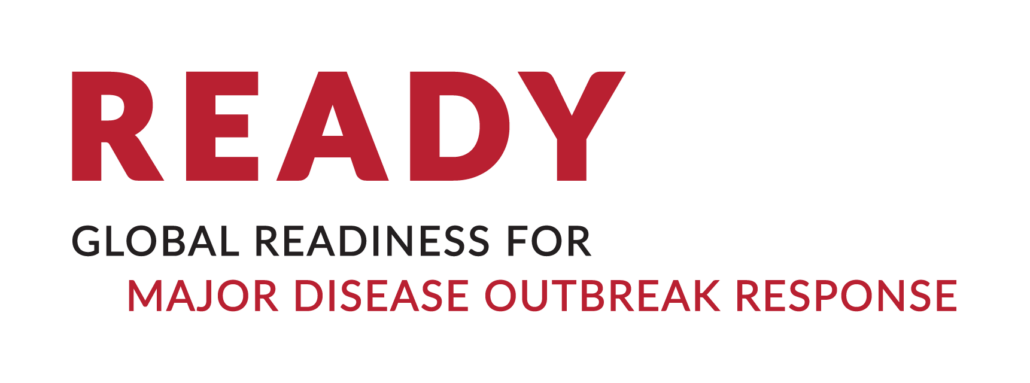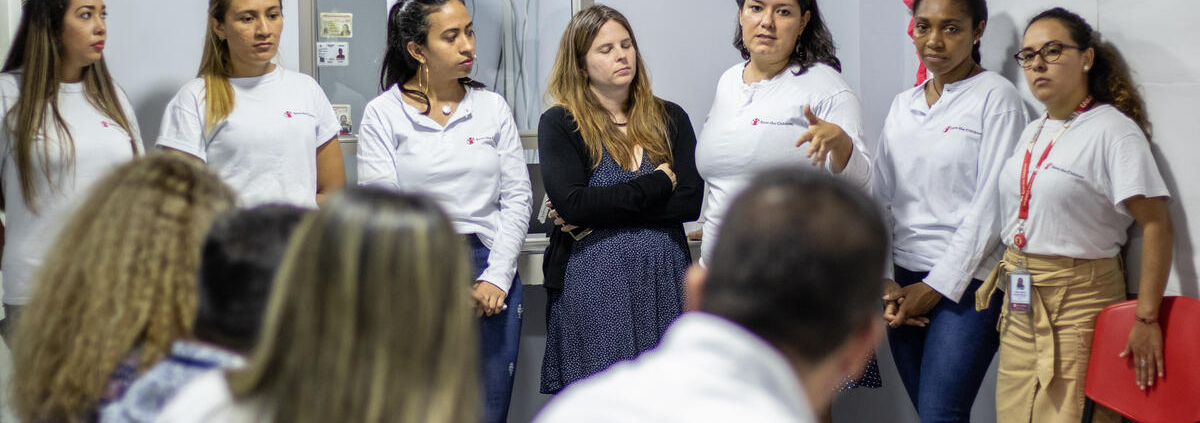Preparing humanitarians to address ethical problems
Author: READY
Infectious disease outbreaks represent potentially catastrophic threats to those affected by humanitarian crises. High transmissibility, crowded living conditions, widespread co-morbidities, and a lack of intensive care capacity may amplify the effects of the outbreak on already vulnerable populations and present humanitarian actors with intense ethical problems. This journal article ‘Preparing humanitarians to address ethical problems’ argues there are significant and troubling gaps in ethical awareness at the level of humanitarian praxis. Though some ethical guidance does exist most of it is directed at public health experts and fails to speak to the day-to-day ethical challenges confronted by frontline humanitarians. In responding to infectious disease outbreaks, humanitarian workers are likely to grapple with complex dilemmas opening the door to moral distress and burnout.


This website is made possible by the support of the American People through the United States Agency for International Development (USAID) under the READY initiative. READY (not an acronym) is supported by USAID’s Bureau for Democracy, Conflict, and Humanitarian Assistance, Office of U.S. Foreign Disaster Assistance (OFDA) and is led by Save the Children in partnership with the Johns Hopkins Center for Humanitarian Health, the Johns Hopkins Center for Communication Programs, UK-Med, EcoHealth Alliance, and Mercy Malaysia. The contents of this website are the sole responsibility of Save the Children. The information provided on this website does not necessarily reflect the views of USAID, any or all consortium partners, or the United States Government, and is not official U.S. Government information.


